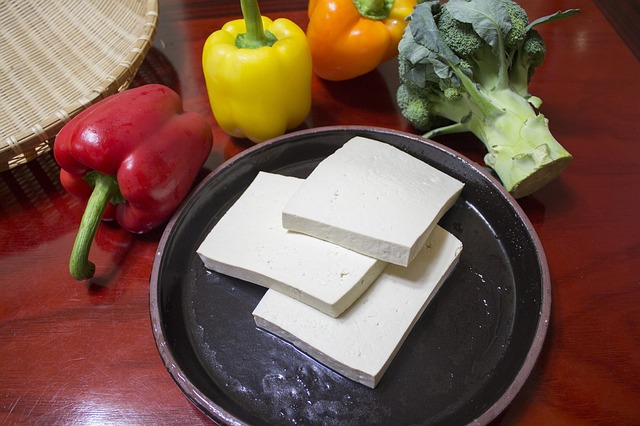
Many health-conscious Americans, in an effort to improve their eating habits, have switched to eating tofu in place of meat or eggs. The soy industry would have you believe that this is a smart move for your heart health, but in reality processed soy, which includes tofu, is not a health food.
You are much better off eating organic eggs, grass-fed meat and raw dairy products than you are eating processed soy.
“Unlike in Asia where people eat small amounts of whole soybean products, western food processors separate the soybean into two golden commodities–protein and oil. There’s nothing safe or natural about this,” Dr. Daniel says.
“Today’s high-tech processing methods not only fail to remove the anti-nutrients and toxins that are naturally present in soybeans but leave toxic and carcinogenic residues created by the high temperatures, high pressure, alkali and acid baths and petroleum solvents,” she continues.
The worst of the worst when it comes to soy products are the fractionated products like soy protein isolate and hydrolyzed plant protein, as all processed soy contains phytates that block mineral absorption and trypsin inhibitors that block proper digestion.
Tofu is one step up because it’s a whole soy product, but it still contains the anti-nutrients mentioned above.
Health Problems Linked to Soy
Among the many health problems linked to a high-soy diet are:
• Thyroid problems, including weight gain, lethargy, malaise, fatigue, hair loss, and loss of libido
• Premature puberty and other developmental problems in babies, children and adolescents
• Cancer
• Brain damage
• Reproductive disorders
• Soy allergies
• Premature puberty and other developmental problems in babies, children and adolescents
• Cancer
• Brain damage
• Reproductive disorders
• Soy allergies
Meanwhile, studies reviewed by Dr. Daniel and colleagues have found that soy does not reliably lower cholesterol, and in fact raises homocysteine levels in many people, which has been found to increase your risk of heart disease, stroke, and birth defects. In fact, according to Dr. Daniel, soy can increase your risk of heart disease.
As a result, she and other experts have sent a 65-page petition to the FDA asking them to retract the “soy prevents heart disease” health claim that they approved back in 1999, and let’s hope they do the right thing and comply.
It’s very important to know also that children and babies, who are still developing, are particularly vulnerable to soy’s hormone-mimicking effects. A Lancet study showed that the daily exposure to estrogen-imitating chemicals for infants who consume soy formulas was 6-11 times higher than adults consuming soy foods.
And the blood concentration of these hormones was 13,000 to 22,000 times higher than estrogen in the blood. An infant exclusively fed soy formula receives the estrogenic equivalent (based on body weight) of up to five birth control pills per day. So please do not feed your baby soy infant formula, or your toddler soy foods (if you can’t breastfeed and are looking for a formula alternative, here’s a recipe for a healthy homemade infant formula). The effects are so potent that even pregnant women should avoid eating soy products for the safety of their unborn child.

No comments:
Post a Comment